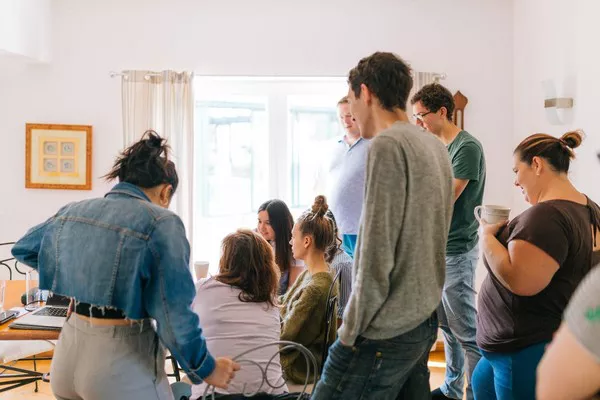Social anxiety, also known as social phobia, is a mental health condition characterized by intense fear and anxiety in social situations. People with social anxiety may experience a range of physical and emotional symptoms that can make it challenging to interact with others and participate in social activities.
Here are three common symptoms of social anxiety:
- Intense fear of judgment or embarrassment
One of the hallmark symptoms of social anxiety is an intense fear of being judged, criticized, or embarrassed in social situations. People with social anxiety may worry excessively about making mistakes, being perceived as awkward or unlikable, or being rejected by others. This fear can be so overwhelming that it may prevent them from attending social events, speaking up in groups, or even leaving the house.
- Physical symptoms of anxiety
Social anxiety can also cause a range of physical symptoms that can be distressing and uncomfortable. These may include sweating, shaking, blushing, rapid heartbeat, and shortness of breath. Some people may also experience stomach upset, nausea, or diarrhea before or during social situations. These symptoms can be challenging to manage and may make it difficult for people with social anxiety to function in daily life.
- Avoidance of social situations
Another symptom of social anxiety is avoidance of social situations or activities. People with social anxiety may go to great lengths to avoid situations that trigger their anxiety, such as parties, public speaking, or even simple interactions with strangers. They may also avoid making new friends or forming close relationships due to fear of being judged or rejected. This avoidance can have a significant impact on their quality of life, leading to isolation, loneliness, and depression.
If you or someone you know is experiencing symptoms of social anxiety, it’s important to seek help from a mental health professional. Social anxiety is a treatable condition, and there are many effective therapies and medications available that can help manage symptoms and improve quality of life. With the right support and treatment, people with social anxiety can learn to manage their symptoms and participate in social activities with greater confidence and ease.





























